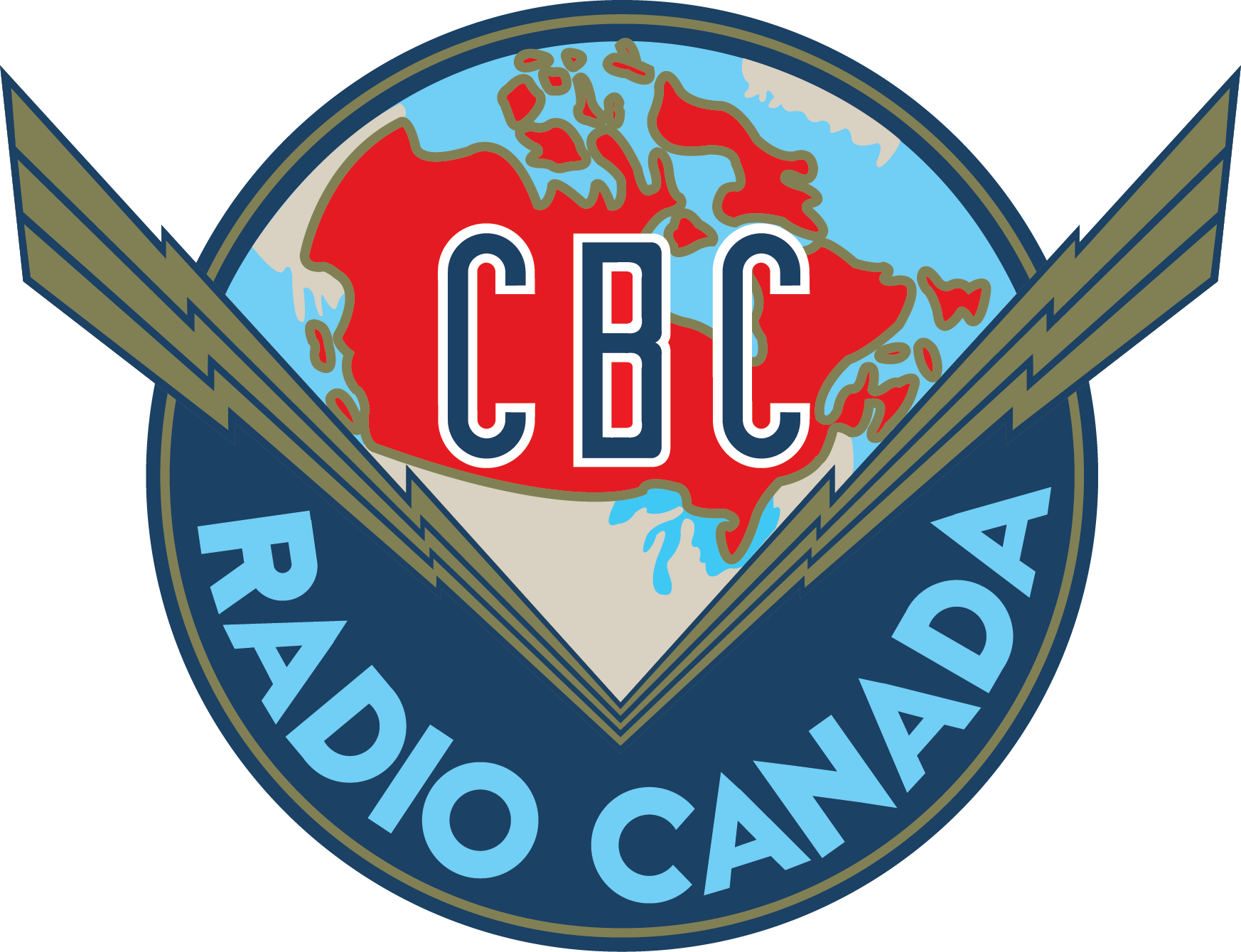DCHP-2
Canadian Broadcasting Corporation CBC, C.B.C., Canadian Broadcasting Corporation/Société Radio-Canada, CBC/Radio-Canada, Canadian Broadcasting Corp. DCHP-2 (June 2016)
n.
the national public broadcaster for radio and television in the official languages English and French.
Type: 1. Origin — The CBC, officially the Canadian Broadcasting Corporation/Société Radio-Canada or the CBC/Radio-Canada, is the oldest existing broadcasting network in Canada. It succeeded the Canadian Radio Broadcasting Commission and its original radio network that was established by the Canadian National Railways.
The CBC was created as a Crown company on 2 November 1936 (see the first 1936 quotation). Its primary function has been to provide a public service that will "safeguard, enrich and strengthen the cultural, political, social and economic fabric of Canada," as decreed in the 1991 Broadcasting Act (see also the third 1936 quotation). Creation of the CBC stemmed from the need for Canadian content on the airwaves in the 1920s when American broadcasting was threatening to dominate the Canadian market. The CBC’s current radio and television programming -- in both English and French -- continues the tradition of providing Canadian content, with 85 per cent Canadian content in the 2010-2011 television broadcast year and even 99 percent Canadian content in radio broadcast (see CBC/Radio Canada reference), a significant increase since the 55 percent reported in the 1973 quotation.
See also Images 1 and 2, showing the original and current CBC logos.See also: Crown company Canadian National Railways Canadian Radio Broadcasting Commission Mother Corp. CBC ((1))
References:
- CBC/Radio-Canada "Who We Are, What We Do" Accessed 20 Sep. 2012
Images:

Image 1: Original CBC logo, circa 1940. Source: Wikipedia Commons. Image: H. Binette
Image 2: Current CBC logo, from 1992-present. Source: Wikimedia Commons. Image: Mechamind90